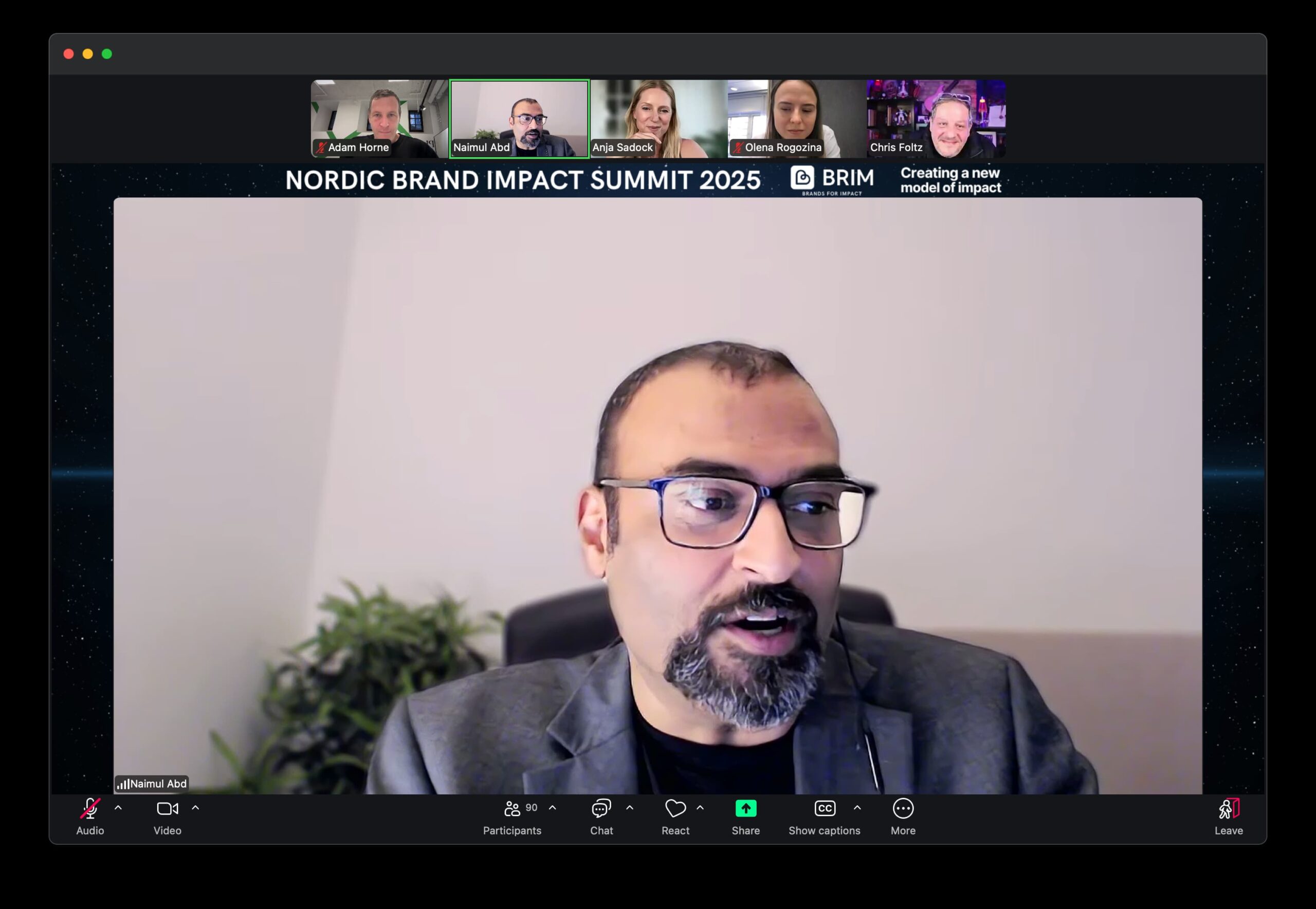What if I told you the most powerful force for social change isn’t governments or NGOs, but companies hawking overpriced sneakers?
Modern brands have become identity drug dealers. They’re not selling products; they’re selling psychological upgrades. Tesla didn’t revolutionize transportation by lecturing about carbon emissions—they made electric cars faster and sexier than gas guzzlers. Suddenly, saving the planet became a flex.
This is where most brands fuck up. They think impact means slapping a rainbow logo on their LinkedIn page or donating 1% of profits to charity. Wrong. Real impact happens when you redesign the choice architecture so sustainable behaviors feel aspirational, not sacrificial.
Patagonia mastered this. They turned environmental activism into premium outdoor gear that signals “I’m the kind of person who climbs mountains and gives a damn.” Ben & Jerry’s built an empire on progressive politics because controversy creates conversation, and conversation creates consideration.
But here’s the authenticity trap: consumers can smell bullshit from orbit. They want brands that help them become better versions of themselves, not companies virtue-signaling for PR points. The difference? Authentic impact brands make the sustainable choice the obvious choice, not the virtuous one.
The brands that will own the next decade understand this: humans are insecure social animals who use purchasing decisions to signal values. Make your impact offering the highest-status option, and watch psychology do the heavy lifting.
Because in an attention economy where everyone’s shouting about their values, the real power belongs to whoever can make doing good feel fucking fantastic.
So, if we want to make things better, you, we, us – we all need to swalllow this pill, and get moving.

